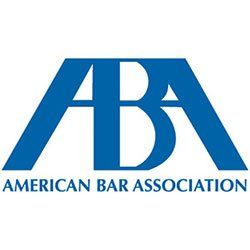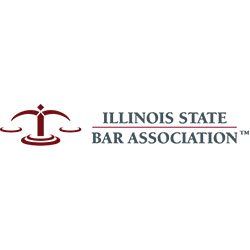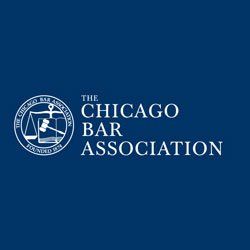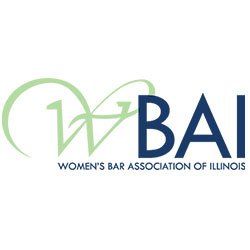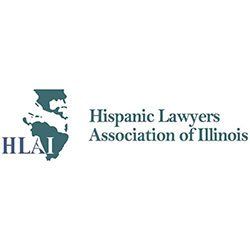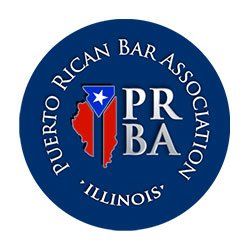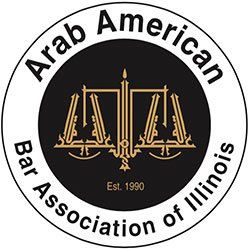CLIENT LOGIN
×Legislators Pass Bills to Expedite Short Sale Process
On January 13, Illinois Senate Bill 1259 was signed by Governor Pat Quinn, requiring banks and lending institutions to respond to a short sale offer by a homeowner within 90 days. The bill also gives courts the authority to hold banks accountable to the 90 day response provision.
Previously, the court had no jurisdiction over banks, allowing them unprecedented control over the foreclosure process. “Families are not losing their homes to foreclosure because they are dead beats refusing to pay their mortgages,” Illinois State Senator Silverstein said on a news release published on his website. “They are people who are struggling to get through the worst economic downturn since the Great Depression. Unfortunately, we are seeing banks stalling the process of a short sale in order to push through foreclosure proceedings, giving families limited options to get out of their mortgage debt.”
In 2010, the number of new short sales late that year had i ncreased nearly 83 percent compared to a year earlier. The Chicago Tribune reports that “as of last October, it was taking lenders an average of 674 days to process a foreclosure, according to Lender Processing Services, a Jacksonville, Fla., mortgage technology firm. That’s more than 22 months, or almost two years from the time the process starts to when the property is actually repossessed. And lenders don’t even start the process until an average of 391 days after last receiving a payment.”
With the Mortgage Forgiveness Debt Relief Act of 2007 set to expire in January 2013 (making it so a homeowners’ unpaid debt settled with a lender through a short sale transaction would be classified as income for tax purposes), the rising tide of the recession would leave some homeowners struggling for air. “Many individuals trying to get out of foreclosure present a short sale offer to the bank and the bank sits on the request causing hardship for the home owner,” Senator Silverstein said. “Not knowing whether the bank will accept the offer causes distress and it is only proper for the bank to respond. This puts a duty on the bank to respond.”
The Illinois Legislature passed Senate Bill 3739 last August, sponsored by State Senator Tony Munoz. SB 3739 codified as 735 ILCS 5/15 1502.5(C). The Bill extends the “30-30-30 Program” for three more years. This program affords homeowners who have been delinquent in their loans a little more time before they get foreclosed upon. Senate Bill 3739 is also known as the “Save Our Neighborhoods Act of 2010.”
Under this program, during the first 30 days a home loan is delinquent, no foreclosure proceedings may be initiated. After a loan is 30 days past due, the loan servicer is required to give notice to a borrower that he or she has 30 days to seek approved credit counseling before legal action may be taken. A borrower is then given another 30 day grace period to develop a sustainable plan to pay their loan on time, but only if he or she seeks counseling services within the allotted timeframe.
Together, these two acts seek to alleviate the pressure placed on homeowners during the worst financial crises this nation has seen since the Great Depression. “During these difficult economic times, we need to do everything we can to help people who have had to miss a mortgage payment stay in their homes,” said Senator Munoz. “This legislation will provide help and services to keep people from going into foreclosure.”
The post Legislators Pass Bills to Expedite Short Sale Process appeared first on Weiss Ortiz P.C..
MAIN OFFICE
SECOND OFFICE
THIRD OFFICE
By Appointment Only
500 Lake Cook Road, Suite 350
Deerfield, IL 60015
FOURTH OFFICE
By Appointment Only
18W140 Butterfield Road, 15th Floor Oakbrook Terrace, IL 60181
FIFTH OFFICE
By Appointment Only
3390 Mary Street
© 2021 Weiss Ortiz P.C.. All Rights Reserved. Terms & Conditions

